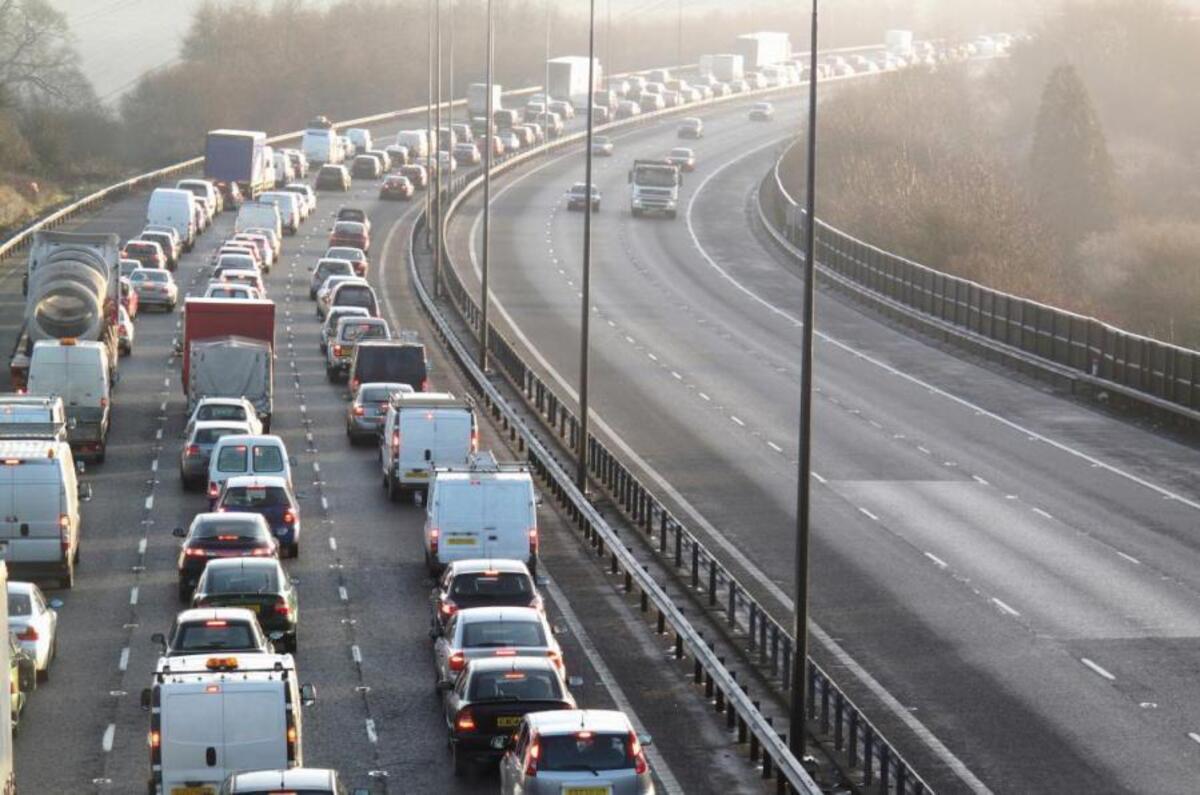The Chancellor of the Exchequer, Rishi Sunak, today unveiled the Government’s Budget for 2020.
Among headline announcements including over £600bn in investment in infrastructure projects and unlimited resources for supporting the NHS, Boris Johnson’s Government revealed several important plans that are relevant for motorists.
These are the parts of the Budget that will affect the UK’s drivers and roads.
VED changes and consultation
The budget confirmed an exemption of zero-emission cars from the Vehicle Excise Duty (VED) ‘expensive car supplement’ - an additional tax added to cars priced over £40,000. The Government is also publishing a call for evidence to explore how VED can be used to encourage EVs and reduce overall vehicle CO2 emissions.
Fuel duty remains frozen for another year
Fuel duty has been frozen for the 10th successive year since 2010. Current fuel duty rates remain at 57.95 pence per litre for petrol, diesel, biodiesel and bioethanol; 31.61 pence per kg on liquified petroleum gas (LPG); 24.70 pence per kg on natural gas used as fuel in vehicles, for example biogas; 10.70 pence per litre on ‘fuel oil’ burned in a furnace or used in heating. Sunak claims the continued freeze provides a saving to drivers of £1,200 compared with 2010.
Investment for electric vehicles
The Government has promised a ‘comprehensive package of tax and spending reforms’ to make it cheaper to buy zero- and low-emission vehicles. Key to this is the extension of the plug-in car grant until 2022/23. However, its value has now been reduced to £3,000 (down from £3,500) and now excludes cars over £50,000. The Chancellor has set aside £403m to fund this, alongside over £129m to extend the plug-in van grant, taxi and motorcycle grants for the same period.
Upwards of £900 million is to be invested in nuclear fusion, space and electric vehicles, although, for the moment, the Government has not revealed how much of this will be allotted to EVs. £500 million has been set aside to support the roll-out of new rapid charging hubs so that drivers will be ‘never more than 30 miles away’ from a charger. A further £1 billion is to be invested in green transport solutions.
The Society of Motor Manufacturers and Traders (SMMT) chief executive, Mike Hawes, said: "we are pleased to see the Chancellor find room in his Budget to help make zero emission motoring a more viable option for more drivers – essential if we are to begin to meet extremely challenging environmental ambitions.





Join the debate
Add your comment
That's a nice little bonus
That's a nice little bonus for me - it always seemed odd that I got the £3500 grant on the one hand, and then hand £1500 back with the other. Subsidies need to taper off, but only at the point where EVs are the default choice - and we're not there yet.
And I would walk 300 tenths of a mile.
So not only is taxpayer continuing to subsidise expensive EV's, but now we're also going to fund the VED for those EV's over £40k. So the poor not only for the richer to buy their EV but also run it as well.
They say that thru time the price of EV's will reduce but why should they when the taxpayer funds them even more now?
Crazy.
Also head chancellor say that infrastucture to be funded so nobody will be more than 30 miles away from an EV point. 30 miles! What was that Proclaimers song again, And I would walk 300 tenths of a mile?
Who should pay for polution health problems
Scotty, think of the EV subsidy as cash promotion with the purpose to save your lungs from clogging up. BEV's can also be seen as a method to keep the NHS bill down by way of cutting the numbers of patients suffering from breathing difficulties.
@ xxxx
....thats just BS xxxx.
The numbers of EV's are too tiny to make a difference, and will remain so for the next couple of years.
Oh Dear....
Oh that's alright then...let's do nothing because the pay-off isn't immediate.
Robbing the poor and giving to the rich.
I'd suggest most of those who're going to benefit will probably have private health insurance. Us plebs will probably be subsidising that next.
By the way I swim five times a week and at the moment run 30miles a week ( that's go up to 60 when the race season starts ). I'm already one of the NHS's best customers, it's the gross overweight, the drinkers, the smokers etc I'm more worried about if cutting the NHS bill is a priority as well as those patients sufferng less from breathing difficulties. An EV isn't the solution.
You prefer fumes then
So plebs like us who save money by not buying electric benefit from wealthier poeple buying EV's. I don't think they budgeted for you swimming 5 times a week, goverment for the masses doesn't work like that.
EV's might not be the sole solution but would you rather breath in Diesel fumes for the next 20 years? What's your solution?
@ scotty5
my thoughts exactly!